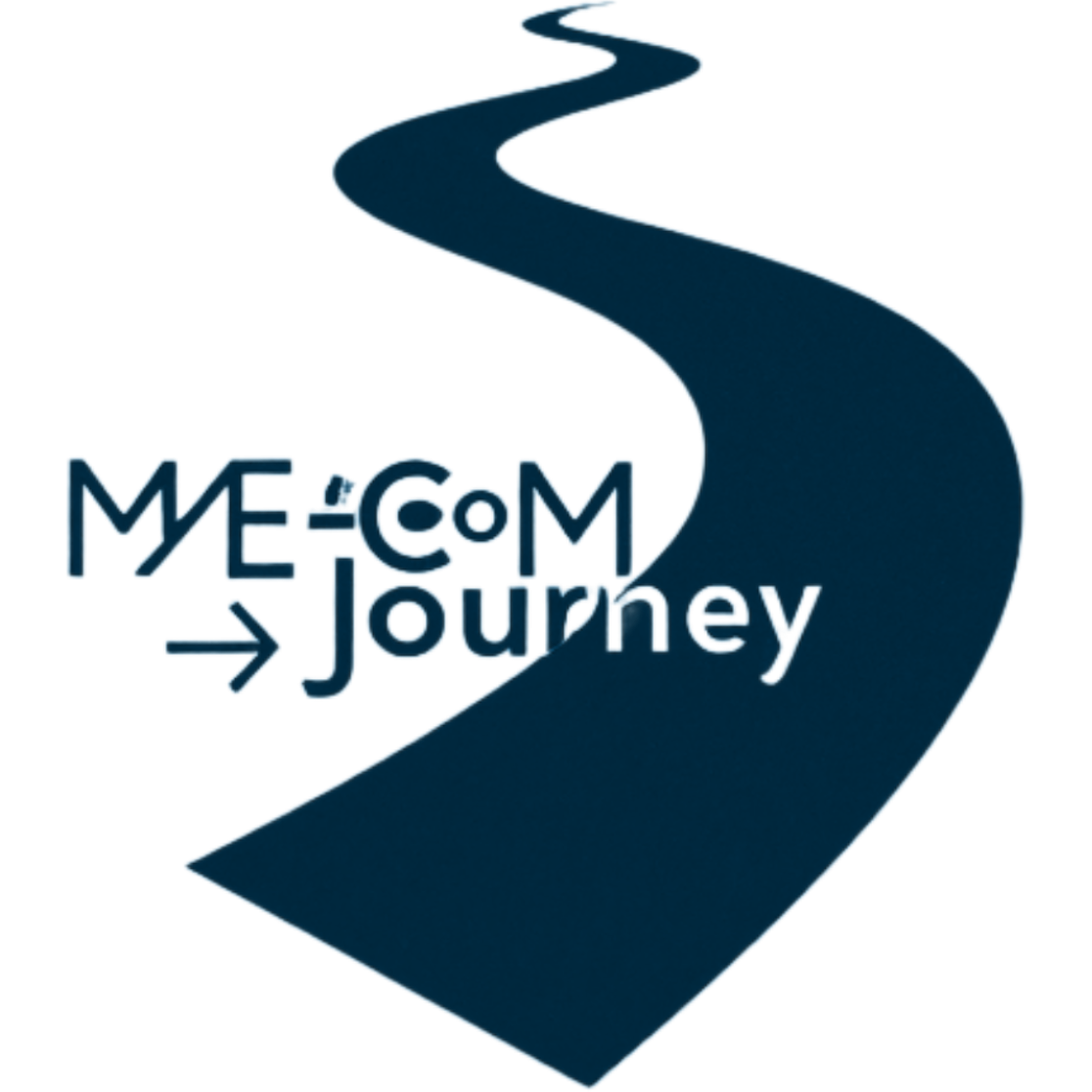Just a quick update as things are moving quickly now. After giving it a lot of thought and worrying about making the wrong move, I decided to proceed to switch mentor/coaching programs and I just want to declare my conclusion about that decision. This was a good move!
Why do I say that? I’ve spent the past 48 hours in meetings, watching videos, consuming course content, interacting with the team and otherwise consuming ideas from my new coach. I feel great that I’m in the right place and this was a good decision. These are a bunch of smart, young guys who are hitting Amazon eCommerce hard, moving fast, doing entrepreneurship the right way and bringing a ton of results-based, repeatable new ideas that I hadn’t previously seen or considered.
Among the many positive activities I’ve observed so far include that they extremely diligent about finding and sharing the best ideas for ways to source product ideas, which is clearly the core competency of building an Amazon business. Things like:
- Teaching a deep understanding and analysis of Keep charts, which is critical to determining a product’s viability
- Sharing the best sources for discount coupons and gift cards (which are key to discovering profitable products)
- Using cashback offers and credit cards
- Other strategies for bringing down the “cost of goods sold” or total cost of the product to resell in a way that turns unprofitable products into profitable ones
I think the big takeaway, beyond the satisfaction that I found a good mentoring team that (more importantly) is a good fit for me, is that we can’t make perfect decisions through analysis. I have a life with lots of examples to suppport that statement. My belief today is that in entrepreneurship, versus medicine or being an airline pilot, the best motto is “fail forward fast”. Make a decision, see if it works, and either adjust or move on. Plan > Do > Check > Adjust.
This is not a “one size fits all” philosophy. Some professions, like being a surgeon or an airline pilot, etc. can’t always do that because in their situation the consequences of a mistake can be severe, i.e. a patient dies or the plane crashes, etc. But as entrepreneurs, we can generally recover quickly from our mistakes and we end up ahead of the game sooner if we make a decision, fix it if necessary, and quickly move on to the next decision. It’s a “take action” philosophy more than a “proceed slowly and analyze excessively to avoid a mistake” philosophy. It’s emotionally riskier, because we all hate making mistakes, but once a tolerance for mistakes is in place everything moves faster and I 100% believe you make more progress faster that way.
The caveat: Even in entreprensurship some decisions, like this one to spend a significant amount of money on a discretionary basis, require a reasonable amount of thought and caution. But my tendency in the past has been to analyze until I’m sure I’m not making a mistake. But guess what, I made mistakes anyway. So overanalysis is not a panacea against mistakes. However, in business time is money and if I am building a $10k/month business and I delay work and take a week to make a decision, that week cost me $2,500 ($10k / 4 weeks). So overanalyzing can be costly too.
I realize not everyone will be on board with this philsophy but I believe it 100% in this situation. That doesn’t mean be foolish or make decisions in a careless manner, but that’s not what we’re talking about. Just do a sensible amount of due diligence, give it your best consideration based on the available information, and make a decision. Take action!
Next up: I’m learning the new sourcing strategies. It’s frankly overwhelming right now, hard to decide where to start, but same idea applies: Just get moving. As soon as I hit publish on this post, it’s back to sourcing. Hopefully I’ll have some good ideas, or at least good progress, to share in the next post.
If you’d like more info on who I choose, what it cost, why I made a switch, etc. feel free to email me at Mike@NewVisionHQ.com.
Cheers!
